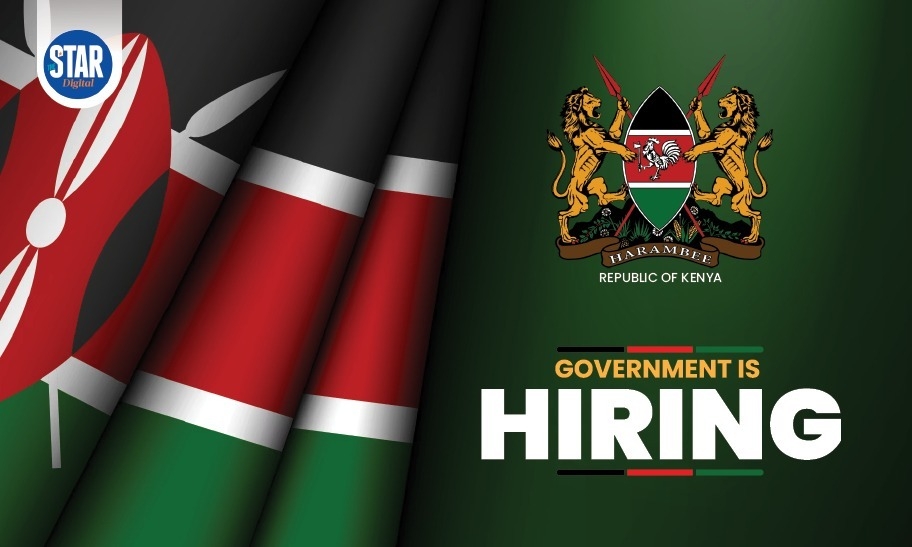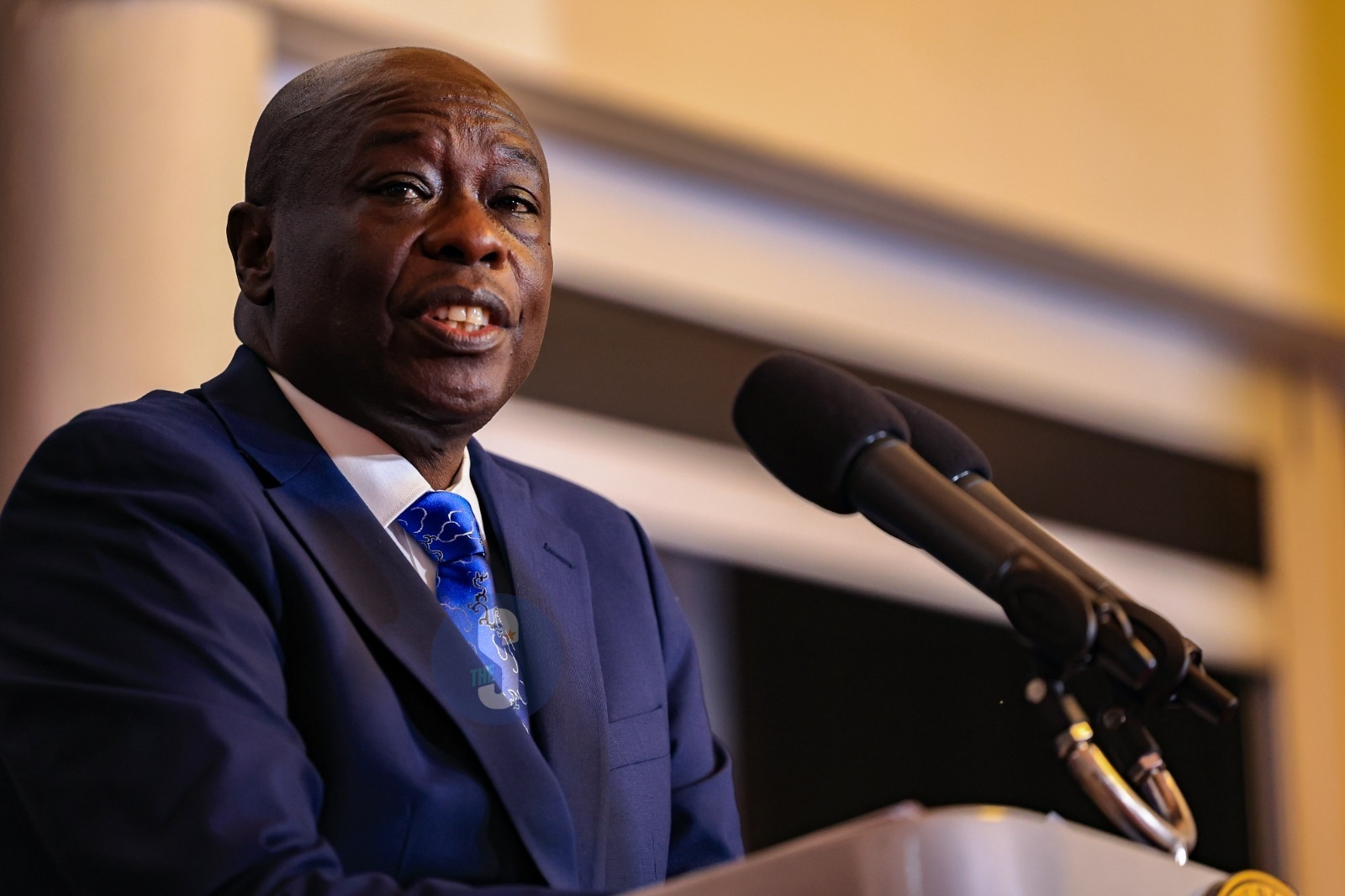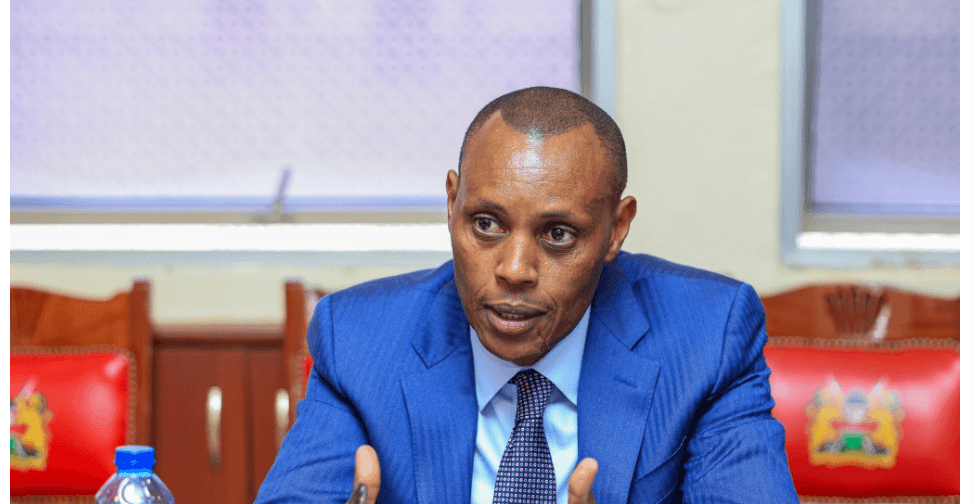The ruckus over the failure by Garissa Township MP Aden Duale to produce a list of terrorism suspects is misplaced and misses a most fundamental point — the growing xenophobia against the Somali community, their continued sentiments of exclusion, and what this means for the war on terror.
Duale owes no one a list. In the tense environment that followed the attack at Garissa University College in which 148 were killed, the Leader of Majority brought together other leaders from Northeastern to discuss their role in finding a solution to the terror meted on innocent Kenyans.
He might have misspoken when he promised a list, but it is certainly not right to expect the country's security apparatus to delegate to Duale its responsibility to identify and arrest suspects.
The bigger issue, however, is that the community feels targeted every day. It wonders why, after the university attack, there was no debate on the fact that only one of the four terrorists was a Somali. Another was a Kikuyu, another a Kamba and the fourth a Luhya.
Before that was the Mandera attack in which 26 quarry workers were killed and which, it turned out, was carried out by five people; three Somali nationals who sneaked into Kenya, and two Kenyans identified as Abubakar Salim Gitonga and Philip Ochieng Omondi. The two Kenyans were obviously not from the Somali community.
A UN Monitoring Group report on Somalia and Eritrea said non-Somali Kenyan nationals now constitute the largest and most organised non-Somali entity within the al Shabaab group.
Somalis have also protested at the collective punishment that is meted out in an unjustified manner. In November 2012 three soldiers on their way to Somalia were killed in Garissa as they changed a flat tyre. The military turned on the locals, the aftermath was one woman shot dead, at least 10 people admitted in hospital with bullet wounds and the town's largest market razed to the ground by the soldiers.
How then can Kenya win the war on terror if it resorts to the barrel of the gun instead of convincing the Somali community to be allies in the battle?
The profile of the Somali terrorist in the Garissa University attack should call for introspection as a country. Somalis claim that the son and grandson of civil servants, Abdirahim Mohamed Abdullahi, left his law studies to join al Shabaab after he was allegedly denied a Kenyan passport and told to go and get one in Mogadishu.
If this is true, would it not explain the resentment? Why profile him, when two generations of his family have spent their lives in service of the government. Wouldn't that be enough guarantee that Abdirahim was indeed a Kenyan who had a right to be issued with a passport?
But what would be the aim of targeting a community thus?
That, according to several influential thinkers, is the biggest conspiracy that exists. They believe it is economic and resource competition. Cut their growing influence in business where they are opening shops, banks and real estate firms everywhere. Ethnicise crime by telling them, "How can we help you, when it is your neighbour attacking you? Sort it out yourselves".
Close their companies and their forex bureaus, raid and loot their homes, and close NGOs that speak out against extrajudicial killing. Use government officers to shut down Muslims for Human Rights and Haki Africa, after unsuccessfully lobbying USAid and British aid agency DFID to cut their funding. This is despite the fact that the two countries, more thorough in their profiling of terror suspects, have done their research and concluded that the two NGOs neither support nor fund terrorism.
This collective punishment is delaying Kenya's success in the war against al Shabaab. Such wars are won through embedding intelligence sources among the people and hardly through the barrel of the gun. If the people are willing to cooperate, the better.
Last month, a Somalia National Army senior commander said Kenya is ignoring intelligence information about al Shabaab. Yassin Bare Hassan, the Somalia National Army Commander in the Gedo region that borders Kenya, sensationally claimed some senior Kenyan security officials turn a blind eye to al Shabaab. There was no attempt by the government to deny this claim.
We must move on from the useless politics of a Duale list and focus on the big picture, which is that we must recruit more Kenya-friendly informers, pay more, and stop actions that deliberately make one community feel targeted. How do you expect the Somali community to sleep easy, let alone lead the fight against terrorists infiltrating their community, when they fear that some people are trying to burn down their houses?
The culture of narrow nationalism is becoming pervasive, where some people feel that they are more Kenyan than others, and the country belongs to them more than it belongs to other communities.
Crime knows no tribe and religion and attempts to portray the Somali community as complicit in order to pave the way for collective punishment and harassment is not the way to win allies. Genuine involvement, participation and ownership of the process to weed out terrorists will work better.
The writer is the Star's editor.

















